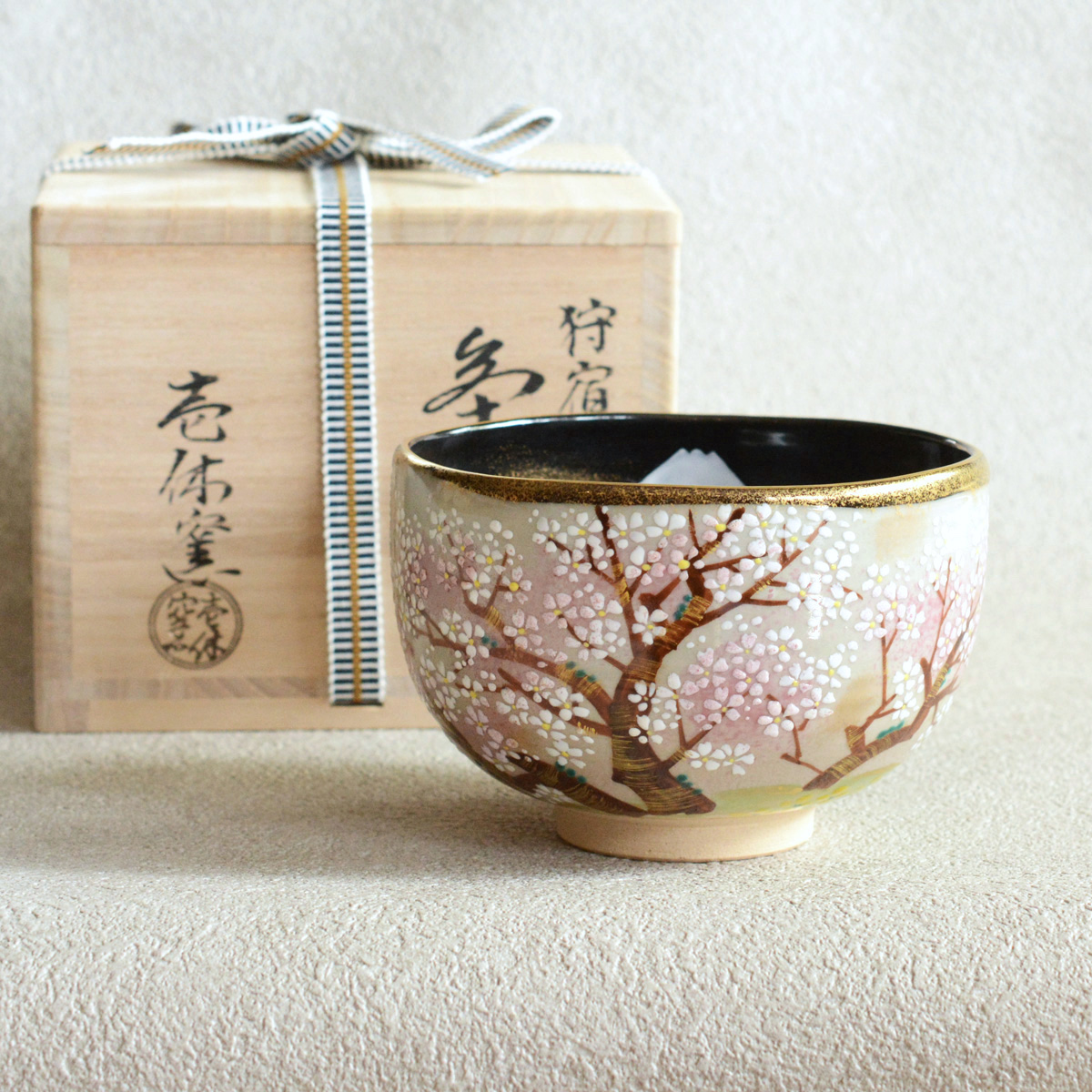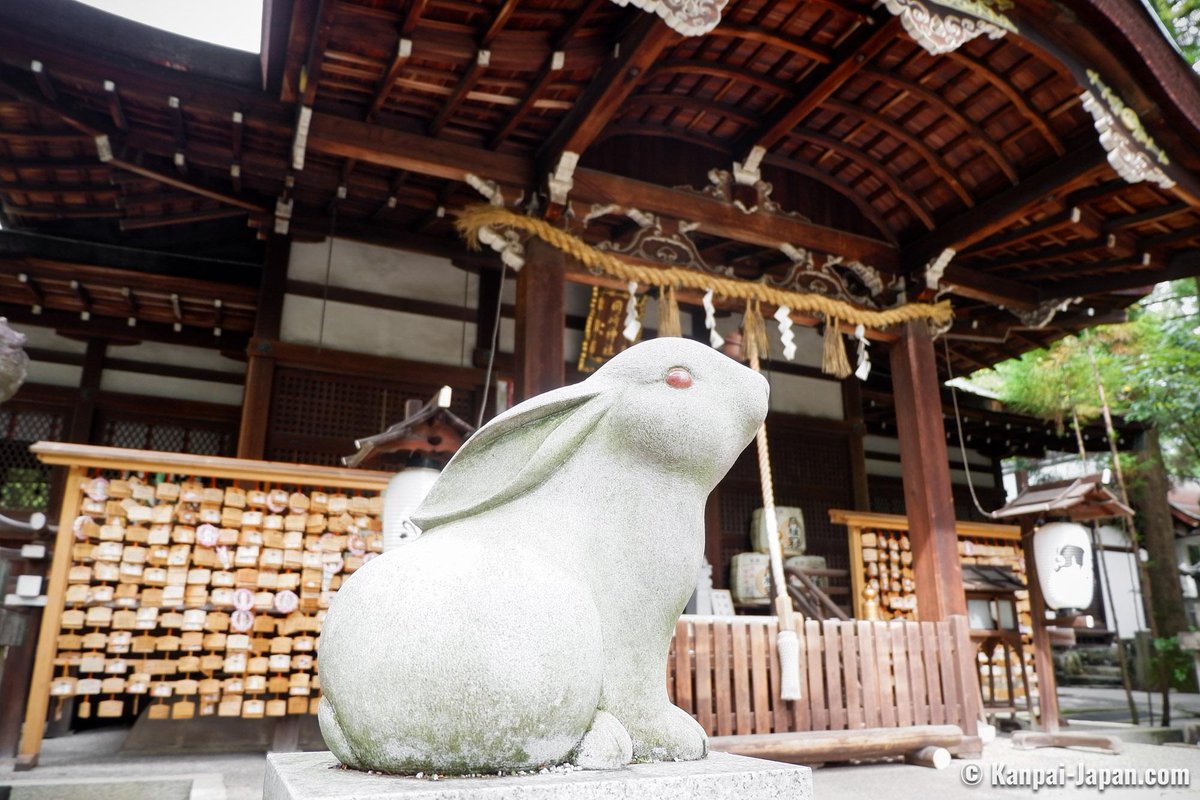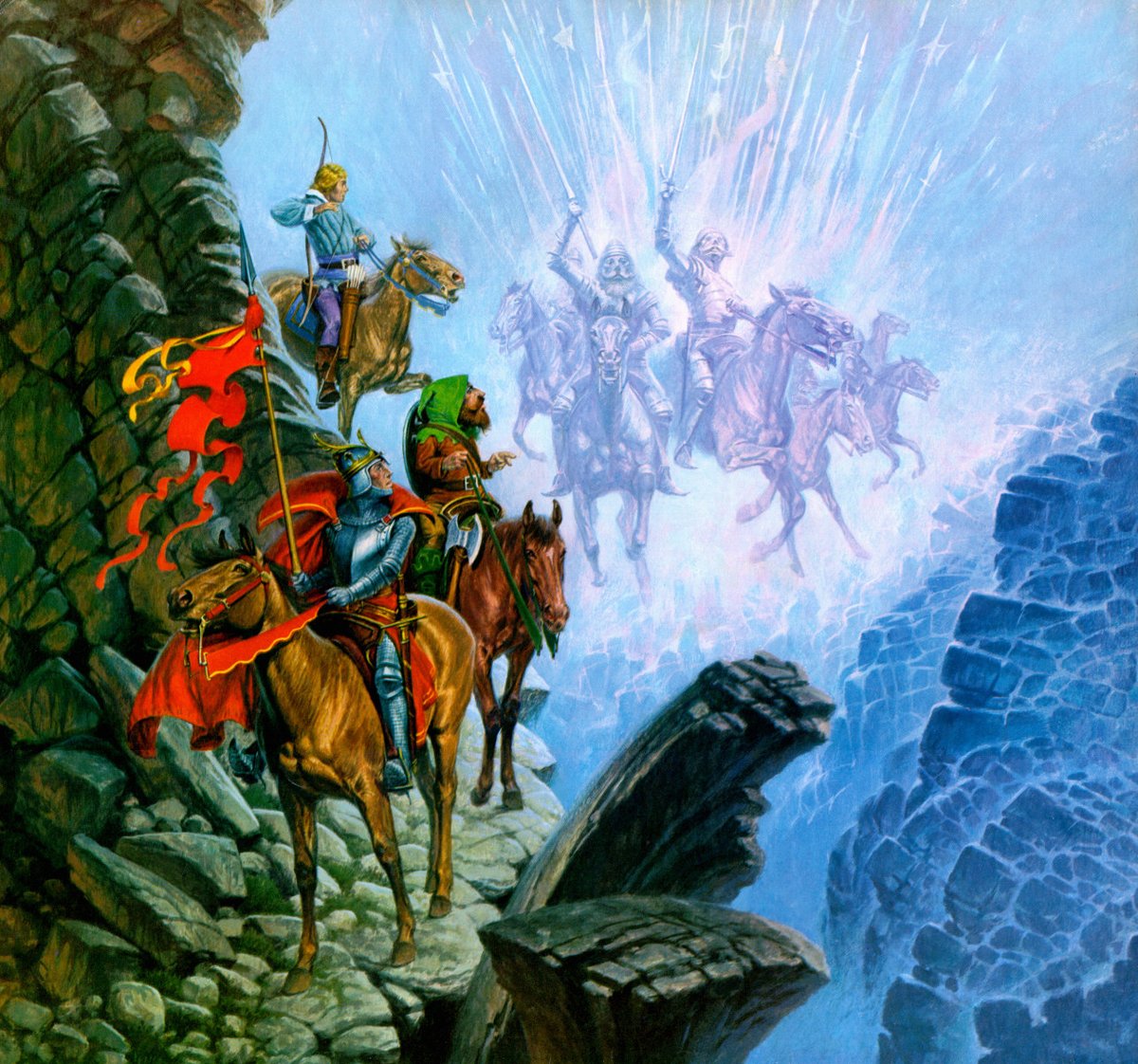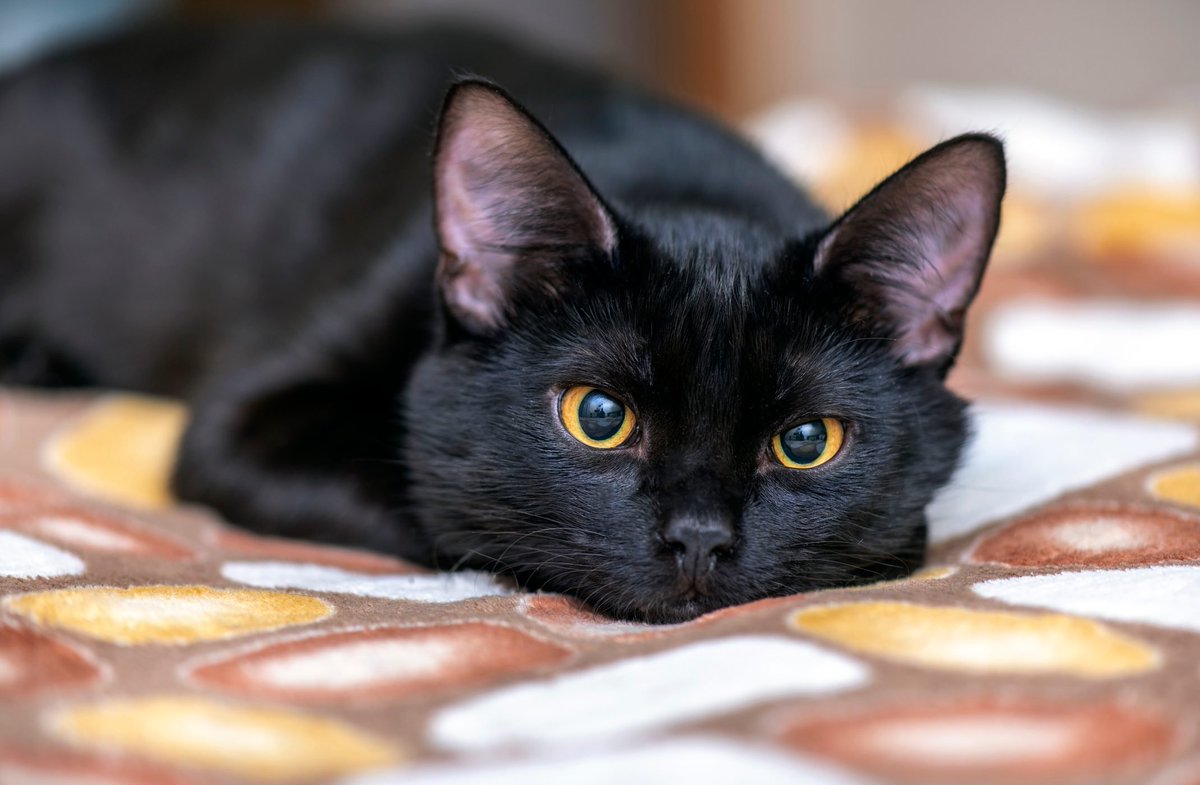For #WyrdWednesday's Japan week: my favorite 🧵 about the Five Great Cherry Blossom Trees.
Starting from Yamataka Jindai Zakura, a Double Weeping Rosebud Cherry (Edohigan) in Hokuto. Believed to be planted by semi-legendary prince Yamato Takeru and is about 1,900 years old. 1/7
Starting from Yamataka Jindai Zakura, a Double Weeping Rosebud Cherry (Edohigan) in Hokuto. Believed to be planted by semi-legendary prince Yamato Takeru and is about 1,900 years old. 1/7

One legend says that Nichiren, a famous Buddhist priest and philosopher, once felt pity when seeing the Yamataka Jindai tree in weakened state. He prayed compassionately upon the tree, which grew back into full vigor. 2/7 

Usuzumi Zakura is famous for having pink color as buds, white in full bloom, and light grey before falling (Usuzumi: "pale ink"). The ancient tree was planted by Emperor Keitai (450-531) after returning from exile because of persecution. 3/7 

Emperor Keitai also made a poem about the tree:
"I will leave this place.
But, on my behalf, I will leave here this cherry tree.
My time here was short, but I hope that this cherry tree,
my replacement, will bloom here for a long time." 4/7
"I will leave this place.
But, on my behalf, I will leave here this cherry tree.
My time here was short, but I hope that this cherry tree,
my replacement, will bloom here for a long time." 4/7

Ishitokaba Zakura is the only one of its kind in the world, a result of crossing between Yamazakura and Edohigan varieties. The result is an 800 year-old tree that blooms in white on the ground of Toko-ji Temple in Saitama every April. 5/7 



Kariyado no Gebazakura is an 800 year-old wild cherry tree in Shizuoka. It inspired a poem by shogunate Tokugawa Yoshinobu:
"Alas, does it not only hold horses
But also the beholders' hearts
This wild cherry."
Also inspired a teacup design by Sazen, a Moriyama-based shop. 6/7

"Alas, does it not only hold horses
But also the beholders' hearts
This wild cherry."
Also inspired a teacup design by Sazen, a Moriyama-based shop. 6/7


Miharu Takizakura, "the waterfall cherry tree of Miharu", was named from pink flowers that spread in all directions like waterfall. Growing in Fukushima, it has withstood great trials, from the 2005 great snowfall to the 2011 Tohoku earthquake, making it a symbol of hope. 7/7 

• • •
Missing some Tweet in this thread? You can try to
force a refresh

 Read on Twitter
Read on Twitter






















